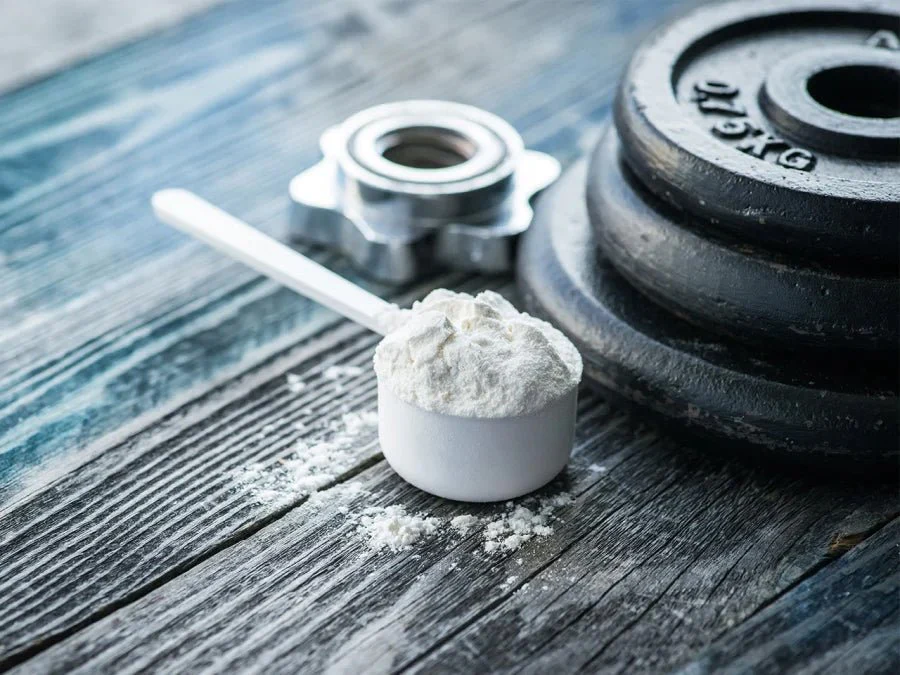What is creatine?
Creatine is a naturally occurring chemical present in muscle cells. It assists in the production of energy by your muscles during intense lifting or intense workouts. Creatine pills are commonly used by athletes to increase strength and performance, but senior citizens and vegetarians can benefit as well. Creatine is the best substance for increasing gym performance. It has been shown in studies to improve muscular weight, energy, and performance during exercise. Some people feel creatine is dangerous and has several negative effects. These claims are not informed by scientific proof. Do read this article: https://actiiivepursuit.com/does-creatine-make-you-look-bigger
How does creatine help with muscle growth?
Creatine promotes both long and short-term muscular development. It benefits a wide range of people, including those who lead lives of inactivity, elderly persons, and professional athletes. According to some earlier research, creatine boosted muscle fiber development 2-3 times more than exercise. Recent research has produced relatively average outcomes.
Effects of creatine on performance and strength
Creatine can boost power, stamina, and stamina during high-intensity activity.
Creatine has been shown in many research to:
- Provide resistance during exercise to young adults to increase muscle strength and endurance.
- Offer more power to cyclists in the last sprint of a time trial.
- Increase soccer players’ leaping and running performance.
- Increase a swimmer’s power development, especially for breaststroke and butterfly moves.
These visible gains are mostly due to your body’s enhanced ability to manufacture Adenosine triphosphate (ATP). ATP is normally exhausted after a maximum of 10 seconds of prolonged physical activity. As creatine pills increase ATP production, you can maintain your best form for a few more seconds.
Recommended dosage
A lot of individuals’ supplement intake begins with a loading stage, which results in a fast increase in creatine holdings in the muscles. Take 20 grams of creatine every day for 5-7 days to load. Divide this into four 5-gram portions and consume them throughout the day. Consuming a carbohydrate or protein-based food could help in creatine absorption. Following the loading phase, take 3-5 g each day to keep your muscle levels up. Because there is no advantage to recycling creatine, you can use this dosage forever. If you do not want to go through the loading period, you can simply intake 3-5 g each day. As creatine draws water into the cells of your muscles, it is best to take it with water to remain hydrated all day.
Side effects and caution
Creatine has been one of the most well-researched supplements on the market, with tests lasting up to four years showing no negative effects. There remains no indication that taking regular doses of creatine affects the liver or kidneys in healthy individuals. People with pre-existing liver or kidney problems should visit a doctor before using supplements. Although many individuals relate creatine with exhaustion and cramping, the evidence does not back this up. According to research, it can help minimize cramping and exhaustion during prolonged activity in hot weather.

